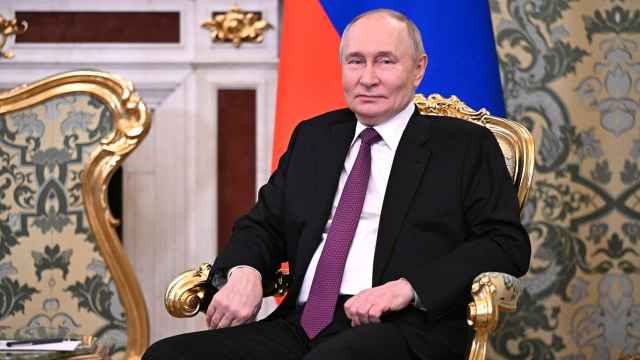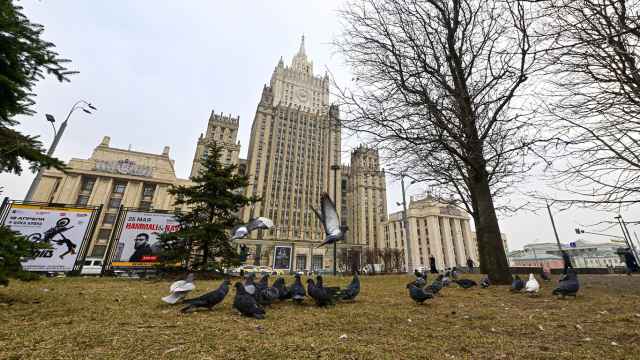
Gayk Safaryan
Senior Associate
CMS, Russia
The previous Customs Code of the Russian Federation as well as the Customs Code of the Customs Union (the "Code") provide for the same legal definition of goods placed under the Customs Procedure of Conditional Clearance for Internal Consumption.
Goods that are imported to the territory of the Customs Union that are exempt from customs duties and VAT and limitations to use and/or dispose them are considered to be placed under the customs regime of Conditional Clearance for Internal Consumption. Goods placed under the customs procedure of Conditional Clearance for Internal Consumption are considered to be foreign goods that are under customs control.
The provisions of Article 366 of the Code stipulate that within the framework of relations prior to the Code coming into force, the provisions of the Code are applied only to the rights and obligations that have arisen after the Code has come into force.
At the same time, the provisions of Article 370 of the Code stipulate that the customs regime of Conditional Clearance for Internal Consumption, which has been applied in respect of goods imported to the Customs Union territory before the Code has come into force, also remain valid after the Code has come into force.
Consequently, after the Code has come into force, goods that have been imported to the territory of the Customs Union prior to the Code coming into force and placed under the customs procedure of Conditional Clearance for Internal Consumption are still considered to be foreign goods and are under control. Based on the provisions of article 200 of the Code, such goods shall be used only for the purposes defined by the customs authorities during the process of customs clearance.
However, the Code has expanded the legal grounds for transferring goods placed under the customs regime of Conditional Clearance for Internal Consumption.
According to the provisions of Article 200-5 of the Code, goods are considered to be placed under the procedure of the Conditional Clearance for Internal Consumption while the obligation to pay customs duties and VAT (calculated when importing those goods to the territory of the Customs Union) remains valid.
This means that limitations to use and/or dispose imported goods are in force till the moment an importer's obligation to pay the amount due on customs duties and VAT charged in connection with importing these goods to the territory of the Customs Union has ceased.
Accordingly, the provision of Article 211 of the Code that stipulates the obligation to pay customs duties and VAT on goods imported to the territory of the Customs Union that are exempt from customs duties and VAT and have limitations on their use and/or disposal ceases in the following case:
Once five years have ceased from the date of importing the goods, or another period if specifically established by current national legislation.
Under Article 211 of the Code, the obligation to pay customs duties and VAT charged when importing the goods to the territory of the Customs Union under the customs regime of Conditional Clearance for Internal Consumption is considered to have ceased after five years from the date of importing these goods, provided that the importer has not violated the limitations stated when importing the goods to the territory of the Customs Union before expiration of this period.
Amending the customs regime of Conditional Clearance for Internal Consumption with the regime of Destruction of Goods under customs control
Based on Article 211 of the Code, the obligation to pay customs duties and VAT charged when importing goods to the territory of the Customs Union under the customs regime of Conditional Clearance is considered to have ceased when the customs regime of Conditional Clearance has been amended to the customs regime of Destruction of Goods under customs control.
Amending the customs regime of Conditional Clearance for Internal Consumption with the customs regime of re-export
Based on Article 211 of the Code, the obligation to pay customs duties and VAT charged when importing goods to the territory of the Customs Union under the customs regime of Conditional Clearance is considered to have ceased when the customs regime of Conditional Clearance has been changed to the customs regime of re-export.
Paying customs duties and VAT charged in a customs declaration when importing goods
Under Article 211 of the Code, the obligation to pay customs duties and VAT charged when importing goods to the territory of the Customs Union under the customs regime of Conditional Clearance for Internal Consumption is considered to be have ceased when the importer has voluntarily paid the entire amount of the customs duties and VAT charged when importing these goods to the territory of the Customs Union.
A Message from The Moscow Times:
Dear readers,
We are facing unprecedented challenges. Russia's Prosecutor General's Office has designated The Moscow Times as an "undesirable" organization, criminalizing our work and putting our staff at risk of prosecution. This follows our earlier unjust labeling as a "foreign agent."
These actions are direct attempts to silence independent journalism in Russia. The authorities claim our work "discredits the decisions of the Russian leadership." We see things differently: we strive to provide accurate, unbiased reporting on Russia.
We, the journalists of The Moscow Times, refuse to be silenced. But to continue our work, we need your help.
Your support, no matter how small, makes a world of difference. If you can, please support us monthly starting from just $2. It's quick to set up, and every contribution makes a significant impact.
By supporting The Moscow Times, you're defending open, independent journalism in the face of repression. Thank you for standing with us.
Remind me later.





